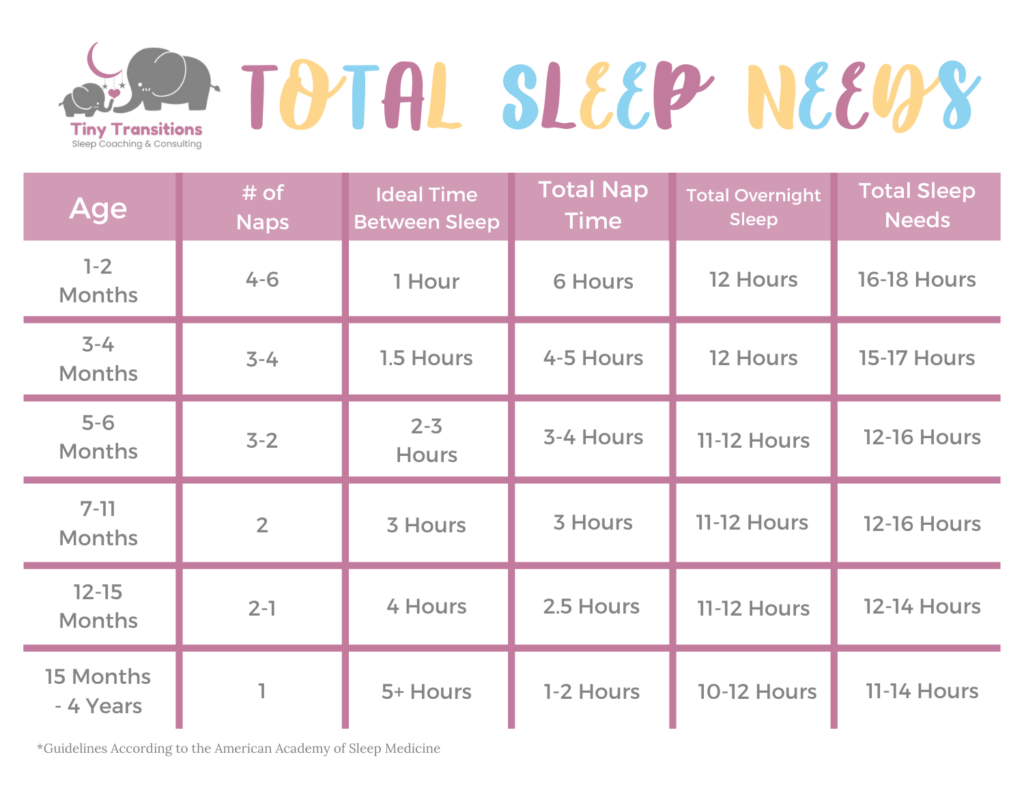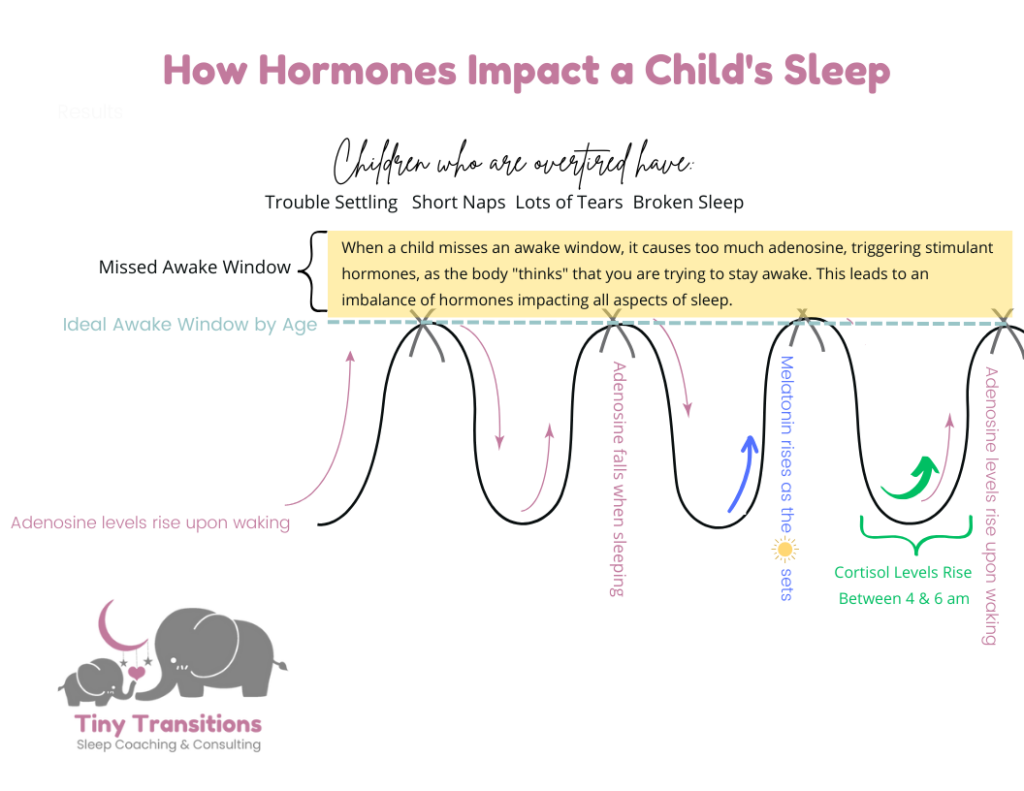As a new parent, one of the most baffling challenges can be understanding why your baby takes short naps. You’ve tried everything to create a serene environment and establish a consistent routine, but the elusive longer rest evades your little one.
There can be many reasons why babies take short naps. Here are the six most common ones:
- Underdeveloped Sleep Cycles: Newborns and infants have shorter sleep cycles than adults. They cycle through light and deep sleep more rapidly, leading to shorter naps. As they grow, their sleep cycles gradually mature, resulting in longer periods of uninterrupted rest.
- Overtiredness: Surprisingly, an overtired baby may struggle to fall into a deep sleep, leading to shorter naps. If your baby misses their optimal sleep window, they may become fussy and find settling down for a long nap challenging. Creating a consistent sleep schedule and recognizing early sleep cues can help prevent overtiredness.
- External Stimuli: A noisy or overly stimulating environment can disrupt your baby’s nap. Even subtle disturbances like household noises, bright lights, or sudden temperature changes can startle them awake. Creating a quiet, dark, and comfortable sleep space can minimize external disturbances and promote longer uninterrupted naps.
- Hunger or Discomfort: Hunger or discomfort, such as a wet diaper or tight clothing, can disturb your baby’s sleep and cause them to wake up prematurely. Ensuring your baby is well-fed and comfortable before naptime can help them settle into a deeper, more restful sleep.
- Sleep Associations: Babies often develop sleep associations with specific stimuli, such as rocking, feeding, or using a pacifier. When they wake up between sleep cycles, they may require the same conditions to fall back asleep, leading to shorter naps. Gradually encouraging self-soothing techniques can help them learn to fall back asleep independently.
- Teething, Growth Spurts, and Developmental Milestones: Teething or growth spurts can cause discomfort, leading to disrupted sleep patterns. Babies may experience increased irritability and wakefulness during these phases, resulting in shorter naps. Providing comfort measures, such as teething toys or gentle massages, can alleviate their discomfort and promote longer more restful naps.
Babies may experience shorter naps during rapid development, such as learning to roll over or crawl. Their increased physical activity and mental stimulation can disrupt their sleep, causing them to wake up more frequently during naptime. Providing ample playtime and physical activity during wakeful hours can help balance their sleep and wake cycles.
Understanding why your baby’s short naps can help you implement effective strategies to promote longer and more restorative sleep. Creating a conducive sleep environment, recognizing early sleep cues, and addressing potential discomfort or hunger can pave the way for your little one to enjoy more extended, uninterrupted naps, contributing to their overall well-being and development. Every baby is unique, so patience and attentive observation are vital in deciphering their sleep needs.
What is an ideal nap schedule for a baby or toddler?
Schedules are necessary to balance hormones. Yes, we don’t typically think about it with kids. As mentioned above, timing and when kids sleep impact certain hormones, which help balance the duration of a nap and how easily kids go and stay asleep—the proper awake windows to balance adenosine, cortisol, melatonin & adrenaline.
So first, here is how much sleep a baby needs in a day and overnight:

Why does a baby wake up crying from naps or sleep?
Usually, it’s overtired. So, let’s dive further into hormones with a picture. With the right schedule and ability to settle and pass through connecting sleep cycles, children get quality rest and wake up happy. If you are unsure of the ideal schedule for naps for your baby, start here, with our schedule generator.

So what does this all mean? Sleep is complex. It’s an inner-connected web that sometimes requires guidance, coaching, and support. Don’t suffer with a baby who isn’t sleeping through the night or napping well. I am here, and happy to help. Schedule a complimentary call and we can discuss your goals and how I can get you there.
About the author Angela Stuart:
Angela Stuart is an integral part of the team at Tiny Transitions, based in the lively city of Austin, TX. Her journey began in the heartwarming realm of kindergarten teaching, where she nurtured the curious minds of young learners. This profound connection with children inspired her to delve deeper into their overall well-being, leading her to become a certified sleep consultant. Angela masterfully marries her classroom experience with her expertise in sleep to offer parents a unique perspective on child development and restorative sleep. Through her contributions to the blog, Angela imparts invaluable insights, sharing effective strategies, heartening tales, and actionable tips to ensure both children and parents experience restful nights. If you’re navigating the challenges of bedtime routines, deciphering nap schedules, or simply aiming to raise a well-rested child, Angela’s wisdom is just what you need. Book a complimentary call now.


